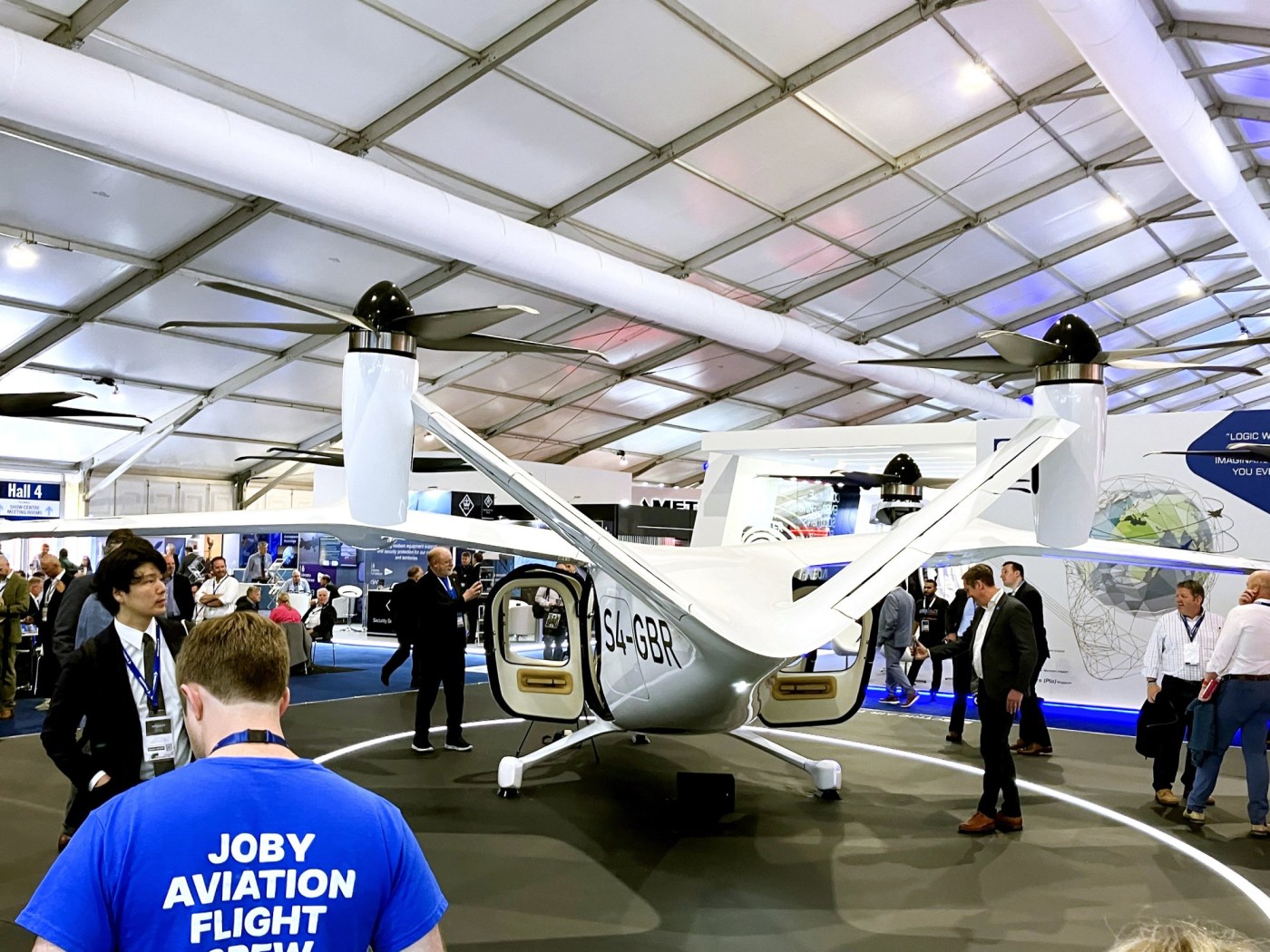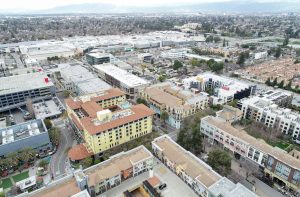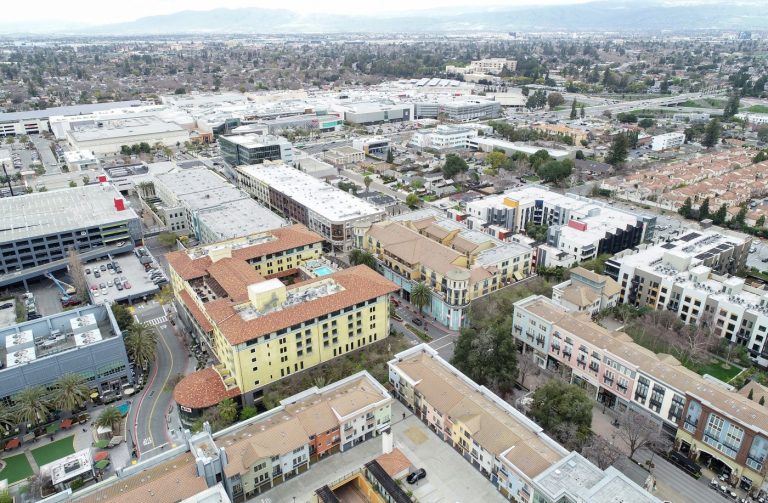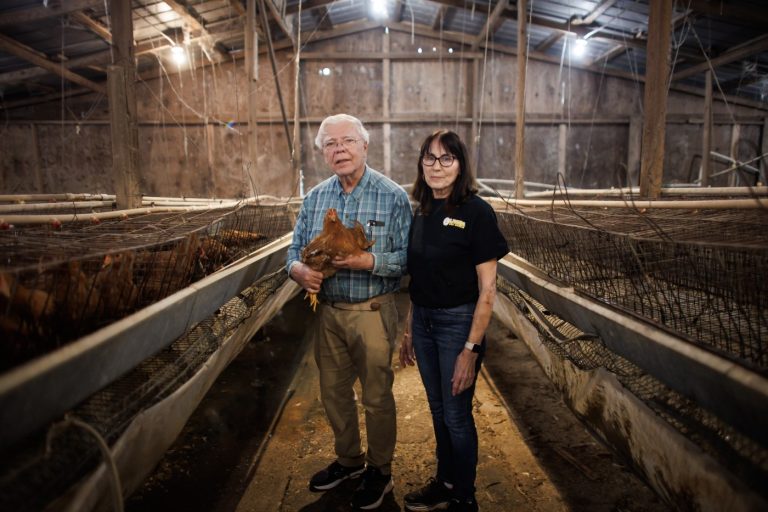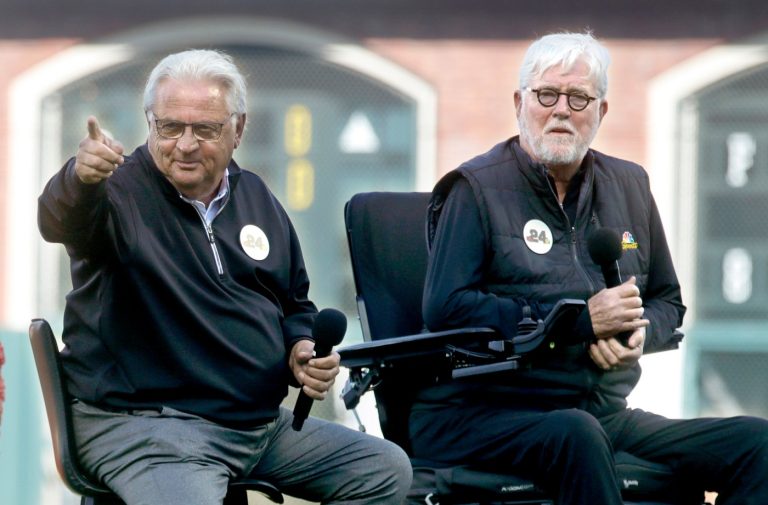Dominic Gates | The Seattle Times (TNS)
FARNBOROUGH, England — At the 2024 Farnborough Air Show south of London last week, the talk was of fundamental challenges to aviation: labor shortages, parts bottlenecks, jet delivery delays and the slow pace of efforts to decarbonize air travel.
Boeing’s senior executives were clearly focused on fixing the problems back home. Barred by legal constraints from talking about matters such as the investigation into the Alaska Airlines in-flight blowout in January, they kept a low profile with the press but met with airlines and suppliers.
Airbus executives, more open, had to answer for their own serious production delays.
Both plane-makers attended multiple sessions on sustainability, where speakers declared that time is running out to begin the path to decarbonization and that government policy shifts are needed to jump-start production of low-carbon jet fuel.
In that conversation, U.S. policy was widely praised by the industry, which dislikes the more robust approach of the European Union.
Europe is mandating, starting next year, that at least 2% of airline fuel be low-carbon sustainable aviation fuel, or SAF. Last year, only 0.1% of all aviation fuel used worldwide was SAF. Because that’s a scarce and expensive fuel, the airlines see the mandate as a tax.
In contrast, the U.S. government is providing subsidies for SAF producers, as well as SAF price subsidies for airlines in some states, including Washington.
In an interview, Christian Scherer, CEO of Airbus’ commercial jet division, praised the Inflation Reduction Act, which created a subsidy for SAF, as “a brilliant piece of legislation.”
“The Europeans talk, talk, talk, and invent rules to save the world and tell people how bad they are to drive diesel cars,” Scherer said. “The United States incentivizes investors and brains to go work on clean energies through the IRA.”
Airbus announced at Farnborough an investment along with airlines and banks in a fund to finance new SAF production facilities, the first use of which will be retrofitting for SAF production an ethanol plant in Sauget, Ill., that was shuttered in 2019.
Airbus’s newly certified jet, the A321XLR, flew each afternoon in the flying display on a blend of 36% SAF in its fuel tank.
An Airbus panel on sustainable aviation July 24 at the Farnborough Air Show, from left: Cedric Laurier, CTO Gatwick Airport; Glenn Llewellyn, vice president Zero-Emission Aircraft; Julie Kitcher, Airbus Chief Sustainability Officer; Julien Manhes, head of SAF and carbon dioxide removal; and Paddy Lowe, CEO Zero Petroleum. (Dominic Gates/The Seattle Times/TNS)
The Spirit Aero shuffle
Behind the production problems afflicting the industry lies a labor hangover from the COVID-19 pandemic.
“The most fundamental issue our industry has faced is a loss of competence, of skilled labor,” said Scherer. “The industry lost, roughly speaking, over 20% of its skilled labor force.
“There’s a multiplier there from the years of experience we’ve lost.”
He said Airbus is now training new employees for anywhere from six weeks, for an experienced mechanic or a person with some aerospace background, to six months for people with no such experience.
He said it then takes two to three years to become really proficient at the job.
It will take years until companies have reacquired an acceptable level of experience.
Airbus, he said, faces a separate daunting challenge in integrating the pieces of major supplier Spirit AeroSystems it is acquiring through the deal whereby Boeing is buying most of Spirit.
Spirit facilities building parts for Airbus would be passed over to Airbus if the deal goes forward. The critical facilities for Airbus are the A350 fuselage section plants in Kinston, N.C., and St. Nazaire in France, and the A220 wing factory in Belfast, Northern Ireland.
“The biggest challenge there is to maintain the know-how,” Scherer said, and to hold onto the employees in Kinston, a relatively isolated plant.
With IT systems and parts-procurement systems at all three plants run by Spirit, Airbus will have to replace those with its own.
Scherer also talked of a separate challenge for Airbus, and disclosed that Boeing may be lucky enough to escape.
Related Articles
Spirit Airlines is going upscale, offering fares with extra perks
Terrell Davis says United Airlines banned him for weeks after he tapped flight attendant on shoulder
Teen groped by unruly California man aboard Delta flight sues airline for negligence
Southwest Airlines to start assigning seats, breaking 50-year tradition
Watch: Newly released video shows moment Terrell Davis was handcuffed, escorted off United Airlines flight
A serious defect was discovered on some LEAP engines from CFM International, a joint venture of GE Aerospace and Safran of France.
The LEAP-1A is one of two engines airlines can choose from to power the A320/A321neo family of Airbus jets. A LEAP variant is the sole engine that powers Boeing’s 737 MAX.
Airbus announced late last month that serious delays in getting LEAP engines will mean jets piling up in Toulouse, France, and Hamburg, Germany, with no engines.
Scherer said the problem is a material defect in turbine blades manufactured by suppliers to GE.
Turbine blades are extremely sophisticated metal parts, marvels of engineering designed to withstand temperatures within the engine that are higher than the melting point of the metal.
Airbus said the problem may cause A320 jet delivery delays to the end of the year. The good news for Boeing is its LEAP engines might not be affected.
“That particular part is a LEAP-1A specific part,” said Scherer.
Joby Aviation founder and CEO JoeBen Bevirt in the pilot seat of a mockup of the company’s air taxi at the 2024 Farnborough Air Show. (Dominic Gates/The Seattle Times/TNS)
Boeing’s precarious position
For Boeing, airplane production is constrained more by the slowdown the Federal Aviation Administration imposed after the Alaska Air quality lapse.
As the air show came to a close, Boeing got a reminder from back in the U.S. about the precariousness of its position.
Details of Boeing’s finalized plea deal with the Department of Justice revealed starkly that some of the constraints on Boeing production will effectively be permanent.
Ever since Boeing shifted jet production to a moving assembly line in the early 2000s, it’s been relatively routine practice when a manufacturing hitch or installation problem arises to move the plane down the line anyway and fix the problem later in the building process.
Such work done out of sequence usually requires undoing previous work and then repeating it, leading to heightened risk of lapses in quality.
In the plea deal, federal prosecutors wrote: “Boeing senior executives prioritized the movement of aircraft through Boeing’s factories over reducing out-of-sequence work to ensure production quality.”
That damning statement essentially criminalizes what Boeing has done for years and presumably will not be doing in future.
In summer 2018, due to parts shortages, multiple unfinished MAXs rolled out of the Renton factory to be reworked on the ramp. When factory manager Ed Pierson complained it was unsafe, he was ignored.
After this plea deal, that probably cannot happen again. Factory managers will have to be a lot more careful about letting defects move on down the line.
In an interview in London, U.S. Rep. Rick Larsen, D-Everett, ranking member of the House Transportation Committee’s aviation subcommittee, said the first action of Boeing’s new CEO, expected to be named soon, should be to further commit to Boeing’s safety and quality improvement plan that the FAA is overseeing.
Beyond Boeing
With Boeing work suppressed, Washington aerospace companies have been trying to diversify their businesses into defense, space or nonaerospace work.
The state delegation to the air show — 68 people representing both aerospace company leaders and state and county economic development officials — was led by Lt. Gov. Denny Heck and state Senate Majority Leader Andy Billig, D-Spokane.
The “Choose Washington” stand in an exhibition hall competed with similar marketing stands from multiple U.S. states and regions all over the world.
At the stand Wednesday, Dalila Quezada and Jaime Aranda, managers at U.S. Aluminum Castings of Entiat in Central Washington, said the week had been successful.
The company is seeking European customers and had made a promising contact with Umbra Group, an Italian aerospace company.
Nearby, Megan Hartford, sales manager with Mid-Mountain Materials, a 50-employee company that makes thermal insulation fabrics and fire protection barriers in Arlington, said she found her first air show “inspiring” and the week produced lots of business contacts and conversations.
The air shows always feature crowded evening receptions where socializing and business go together.
The state delegation attended a couple of those in central London, including the U.S. reception at the Natural History Museum.
Though airplane orders were not the focus of this show, Boeing must have been content to leave with new orders and commitments for 76 jets, including 20 giant 777-Xs and 30 787 Dreamliners.
Airbus ended the show with 108 new orders and commitments, including 20 A350 and 22 A330 widebody jets.
On Thursday, the corporate side of the air show wound to a close and the remaining business-suited attendees left to make way for the public on the weekend.
Boeing executives returned to the U.S. to prepare for earnings results this week that will show another enormous quarterly loss — and after that the accelerating push to appoint a new CEO.
©2024 The Seattle Times. Visit seattletimes.com. Distributed by Tribune Content Agency, LLC.
